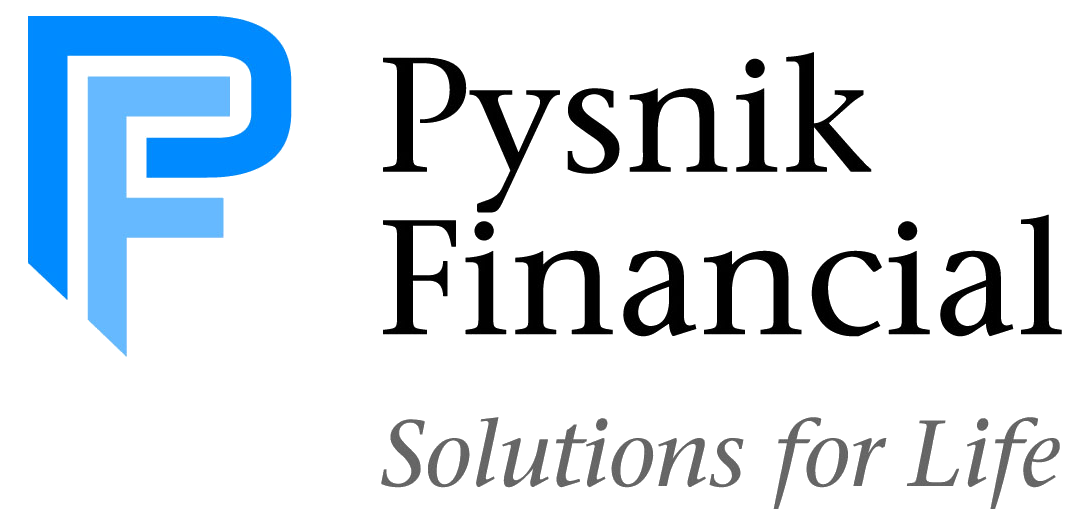October is full of ghosts, goblins and trick-or-treaters, so what better topic to write about than fear? Fear, if not conquered, can be a deceiving and misguiding emotion. To show you what I mean, let me ask you a question: What do you fear more, nuclear reactors or taking a selfie?
Over the last 56 years there have been three significant nuclear reactor meltdowns — Three Mile Island, Chernobyl and Fukushima — and the number of deaths attributed to these is estimated at 56. On average, that’s about one person per year. Meanwhile, so far this year 12 people have died while trying to take a selfie.1
We often fear the least likely dangers instead of the risks that have the greatest chance of hurting us.
I would argue that much of the world’s misfortune is caused not by the things we fear, but by fear itself. The true devastation at Chernobyl wasn’t caused by radiation; it was caused by radiophobia (the abnormal fear of radiation).2 As panic spread, people fled, including business owners. The result was unemployment and poverty — which in turn led to anxiety, depression, alcoholism and suicide among many residents who couldn’t afford to leave.3 And sadly, fear that their unborn babies had been poisoned drove expectant mothers across Europe to have unnecessary abortions.4 Calamities from the fear of radiation dwarfed damages caused from actual reactor fallout.
Is investing any different? In his book, “Your Money & Your Brain,” Jason Zweig cites a study of investors who said they believe there’s a 51% chance that in any given year the U.S. stock market might drop by one-third.5 Zweig notes that historically, the odds of the U.S. stock market losing a third of its value in a given year are actually only around 2%.
The real risk is not that the stock market will have a meltdown, he adds, but that inflation will raise your cost of living and erode your savings. Yet only 31% of the investors surveyed were worried that they might run out of money during their first 10 years of retirement. Investors often focus their attention and concern on the market meltdown they believe is around the next corner and overlook the potential fallout from inflation.
If we were always logical, rational beings we would judge the odds of a risk by asking how often something bad has actually happened under similar circumstances in the past. As Nobel Laureate Daniel Kahneman explains in his book, “Thinking Fast and Slow,” people are generally rational and their thinking is normally sound, but fear causes people to become irrational.6
The media can warp our perception of reality. Coverage is biased toward novelty and poignancy and is shaped by public interest. Unusual events (such as stock market meltdowns) attract disproportionate attention and are consequently perceived as more pervasive than they really are. Warped perceptions result in thoughts of danger, which exacerbate fear and lead to irrational decisions.
Media coverage of the stock market seems to focus on the negative while ignoring the positives. Think about the headlines in recent months and how many focused on stock market volatility. These headlines induce fear and emotional decision making, which can result in devastating investment outcomes.
Bertrand Russell said, “To conquer fear is the beginning of wisdom.”7 When it comes to investing, fear is an emotion to be conquered. Your retirement will thank you for it.
1 usatoday.com/story/news/nation-now/2015/09/23/people-died-selfies-shark-attacks/72682068/
2 en.wikipedia.org/wiki/Radiophobia
3 Ibid.
4 Ibid.
5 Zweig, Jason, “Your Money & Your Brain,” Simon & Schuster, 2007.
6 Kahneman, Daniel, “Thinking Fast and Slow,” Farrar, Straus, and Giroux, 2011.
7 brainyquote.com/quotes/quotes/b/bertrandru132851.html
All investments involve risk, including the loss of principal and cannot be guaranteed against loss by a bank, custodian, or any other financial institution.


